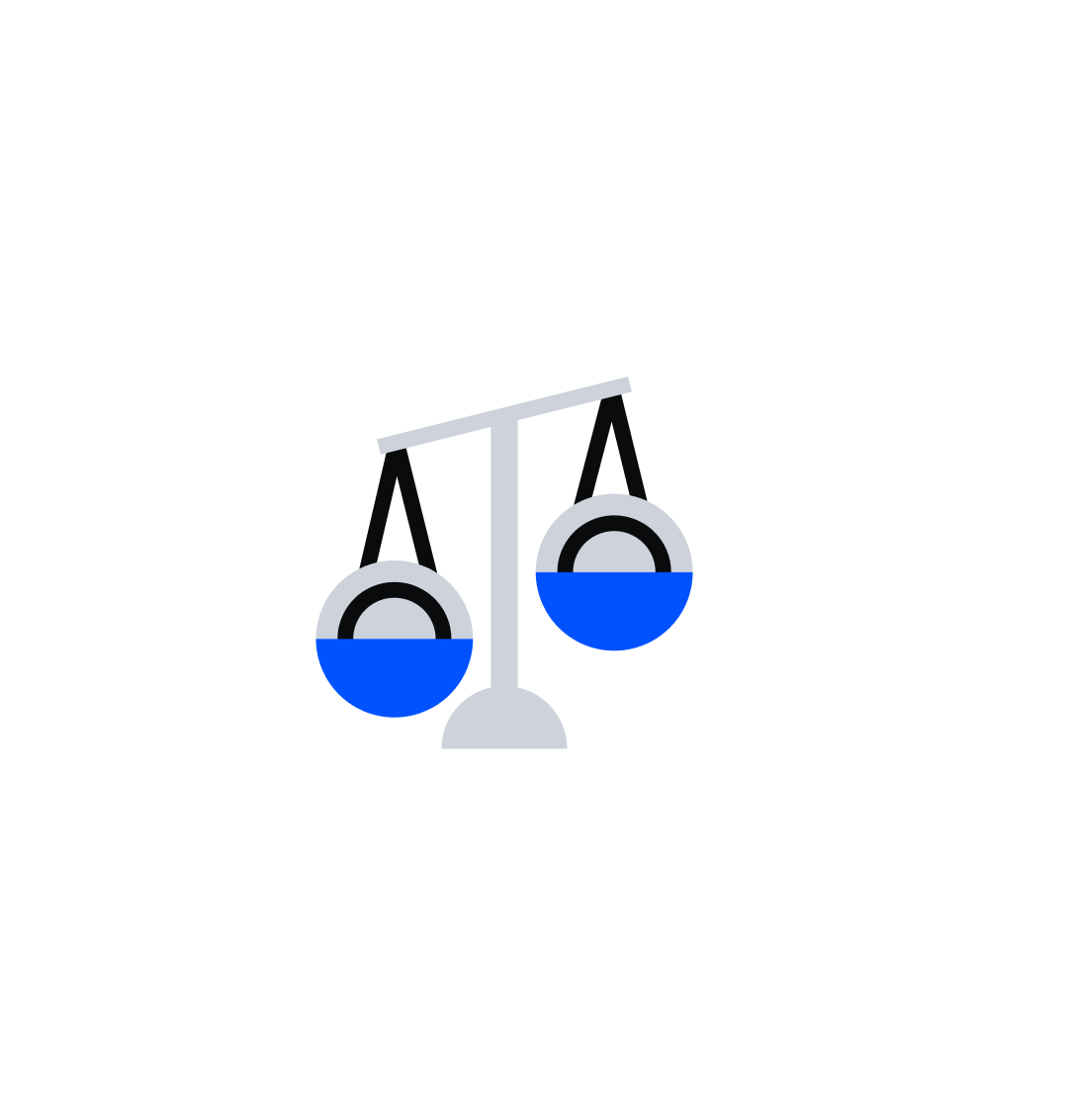Cash balances, such as U.S. Dollars, British Pounds, Euros, customers store with Coinbase are held as a balance in your Coinbase or Coinbase Pro account(s). For U.S. customers, Coinbase combines your balance with the balances of other customers and holds those funds in custodial accounts at U.S. banks and/or invests those funds in liquid U.S. Treasuries or USD denominated money market funds in accordance with state money transmitter laws. Funds could be held in any one of these three manners so customers should not assume that funds are being held in one manner over the other. For non-U.S. customers, funds are held as cash in dedicated custodial accounts. All custodial pooled amounts are held separate from Coinbase funds, and Coinbase will neither use these funds for its operating expenses or any other corporate purposes.
To the extent your customer funds are held as cash, they are maintained in pooled custodial accounts at one or more banks insured by the FDIC. Our custodial accounts have been established in a manner to make pass-through FDIC insurance available up to the per-depositor coverage limit then in place (currently $250,000 per individual). FDIC pass-through insurance protects funds held on behalf of a Coinbase customer against the risk of loss should any FDIC-insured bank(s) where we maintain custodial accounts fail. FDIC insurance coverage is contingent upon Coinbase maintaining accurate records and on determinations of the FDIC as receiver at the time of a receivership of a bank holding a custodial account. Below is a list of the insured depository institutions at which Coinbase may deposit customer funds:
[as of May, 2023]
Find out more about FDIC deposit insurance in the FDIC’s fact sheet, here.




